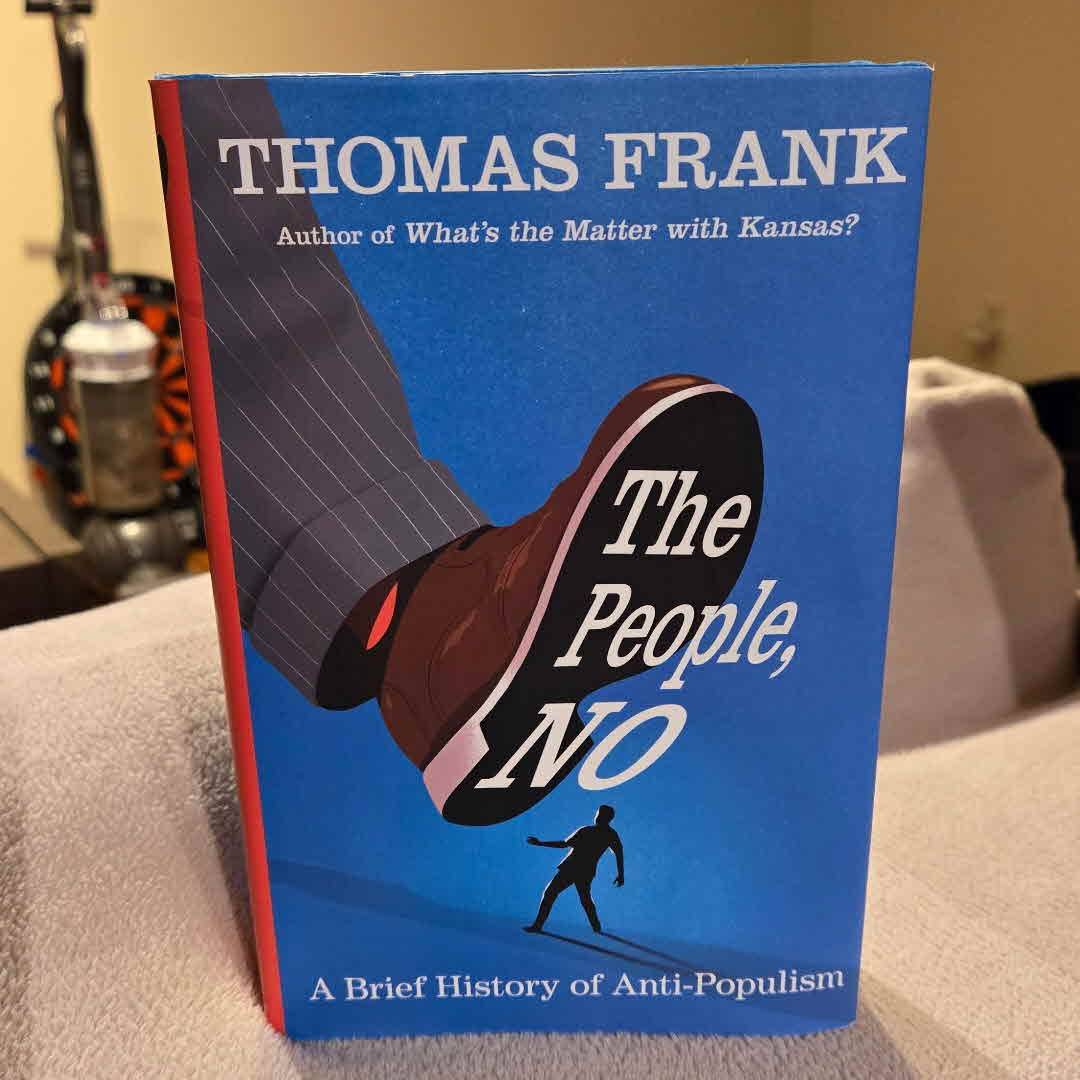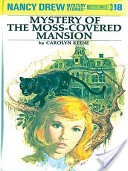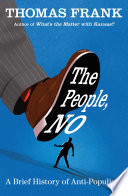
I have always hated the way modern political commentators and academics have coopted the term "populism" and made it into a euphemism for bigotry and authoritarianism. This book provides a historical corrective, tracing the term's roots from the People's Party of the 1890s through Roosevelt and the New Deal and the Civil Rights movement of the 1960s, highlighting its importance in securing most of the basic rights we take for granted.



















